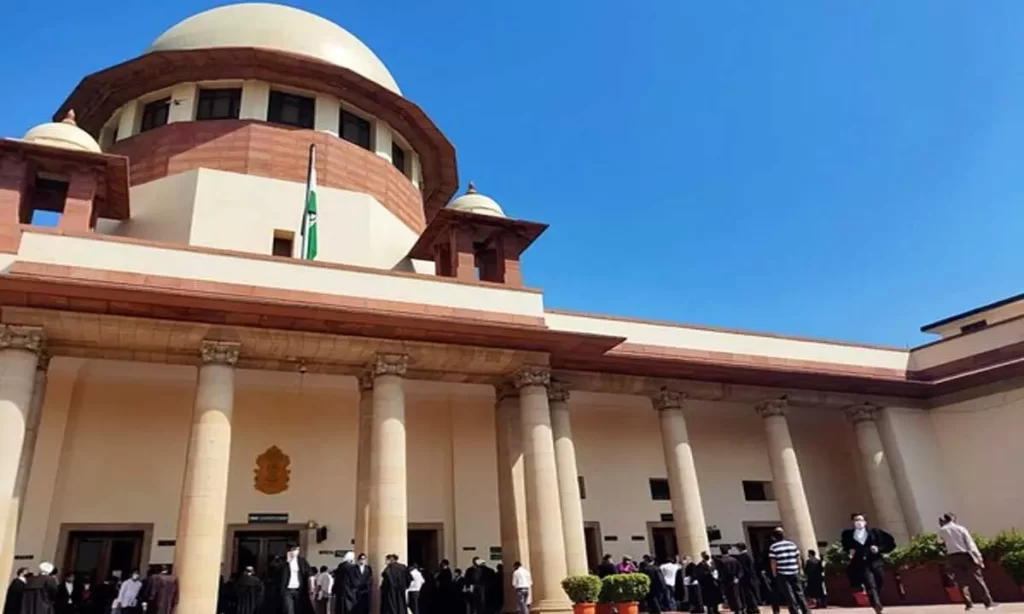Jahanvi Agarwal
In a significant ruling, the Supreme Court has expanded the constitutional rights to include protection against the adverse effects of climate change under Articles 14 and 21 of the Indian Constitution. Chief Justice of India D Y Chandrachud, along with Justices J B Pardiwala and Manoj Misra, emphasized the importance of environmental protection embedded in the Constitution. They highlighted Article 48A’s call for environmental preservation and citizens’ duty under Article 51A to safeguard the natural world.
The Court’s ruling signifies that the right to a clean environment is integral to the right to life (Article 21) and equality before the law (Article 14). The Bench underscored how climate change affects basic rights, such as health and equality, through pollution, diseases, food shortages, and extreme weather events.
The case stemmed from a plea to protect the Great Indian Bustard (GIB) from losing its habitat due to power transmission lines. Last year, the Supreme Court had ordered restrictions on overhead transmission lines in a vast area and suggested converting them underground. However, challenges arose regarding the feasibility and costs of implementing this order.
Chief Justice Chandrachud emphasized the need to balance environmental conservation with India’s renewable energy goals. The Court established a committee to evaluate the feasibility of undergrounding power lines in specific areas considering terrain and infrastructure requirements.
India aims for significant renewable energy capacity by the year 2030, demonstrating a commitment to clean energy. The Bench highlighted the socio-economic benefits of transitioning to renewables, such as poverty alleviation and inclusive growth.
They emphasized the urgency of shifting to solar power to meet energy demands sustainably, given India’s rising energy needs, air pollution concerns, and water scarcity issues. Solar power offers a cleaner, cheaper alternative to fossil fuels, aligning with India’s climate objectives.
While technical challenges exist with underground power transmission, the Court acknowledged the need for practical solutions that balance environmental concerns with energy demands.
Case Name: MK Ranjitsinh And Ors. v. Union of India And Ors.
Dairy Number: 838/2019
Bench: Chief Justice of India D Y Chandrachud, along with Justices J B Pardiwala and Manoj Misra

